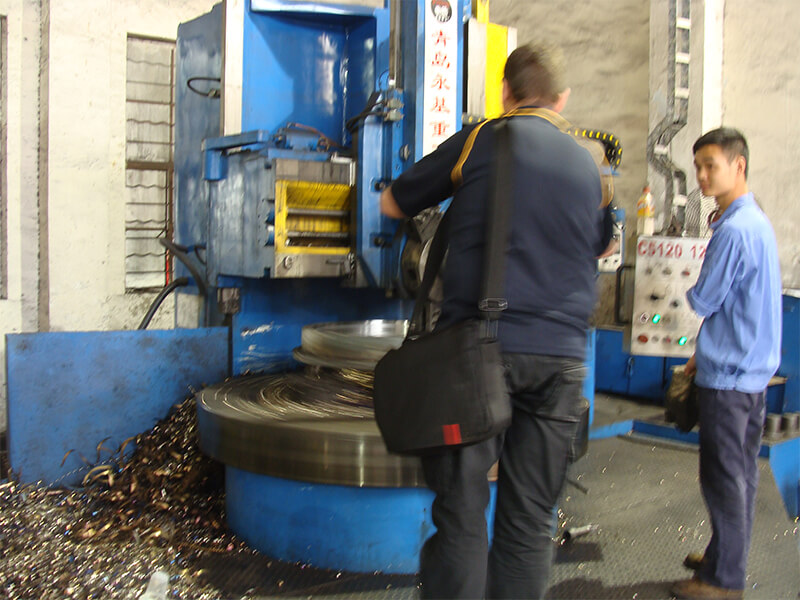- Afrikaans
- Albanian
- Amharic
- Arabic
- Armenian
- Azerbaijani
- Basque
- Belarusian
- Bengali
- Bosnian
- Bulgarian
- Catalan
- Cebuano
- China
- China (Taiwan)
- Corsican
- Croatian
- Czech
- Danish
- Dutch
- English
- Esperanto
- Estonian
- Finnish
- French
- Frisian
- Galician
- Georgian
- German
- Greek
- Gujarati
- Haitian Creole
- hausa
- hawaiian
- Hebrew
- Hindi
- Miao
- Hungarian
- Icelandic
- igbo
- Indonesian
- irish
- Italian
- Japanese
- Javanese
- Kannada
- kazakh
- Khmer
- Rwandese
- Korean
- Kurdish
- Kyrgyz
- Lao
- Latin
- Latvian
- Lithuanian
- Luxembourgish
- Macedonian
- Malgashi
- Malay
- Malayalam
- Maltese
- Maori
- Marathi
- Mongolian
- Myanmar
- Nepali
- Norwegian
- Norwegian
- Occitan
- Pashto
- Persian
- Polish
- Portuguese
- Punjabi
- Romanian
- Russian
- Samoan
- Scottish Gaelic
- Serbian
- Sesotho
- Shona
- Sindhi
- Sinhala
- Slovak
- Slovenian
- Somali
- Spanish
- Sundanese
- Swahili
- Swedish
- Tagalog
- Tajik
- Tamil
- Tatar
- Telugu
- Thai
- Turkish
- Turkmen
- Ukrainian
- Urdu
- Uighur
- Uzbek
- Vietnamese
- Welsh
- Bantu
- Yiddish
- Yoruba
- Zulu
Jul . 24, 2024 01:02 Back to list
Suppliers of Epoxy Resin Powder Coatings for EN877 Gray Cast Iron Pipe Castings
Epoxy Resin Powder Coating for EN877 Gray Cast Iron Pipe Castings A Comprehensive Overview
In the realm of industrial applications, the durability and corrosion resistance of materials are paramount. One prominent solution that has gained significant traction in recent years is the use of epoxy resin powder coating, particularly for EN877 gray cast iron pipe castings. This coating technology offers a multitude of advantages that enhance the performance and longevity of cast iron pipes, making it a popular choice among suppliers and manufacturers.
Understanding EN877 Gray Cast Iron Pipes
EN877 refers to the European standard for cast iron pipes that are commonly used in various plumbing and drainage applications. These pipes are known for their high strength and excellent durability, which are essential characteristics for handling the pressures associated with water and sewage systems. However, without adequate protection, cast iron is susceptible to corrosion, especially when exposed to moisture and aggressive chemicals within the environment. This is where epoxy resin powder coating comes in.
Why Epoxy Resin Powder Coating?
Epoxy resin powder coating is a dry finishing process where powdered resin is applied to a surface and then cured under heat to form a hard, durable finish. This coating offers several advantages over traditional coatings
1. Corrosion Resistance One of the primary benefits of epoxy resin is its exceptional resistance to corrosion. This characteristic is particularly beneficial for gray cast iron pipes, which often face harsh environmental conditions. The epoxy coating acts as a barrier, preventing moisture and corrosive substances from penetrating the metal.
2. Durability Epoxy coatings are renowned for their toughness. They can withstand scratches, impacts, and thermal variations, making them ideal for use in industrial settings where pipes may be subject to physical wear and tear.
epoxy resin powder coating en877 gray cast iron pipe casting suppliers

3. Aesthetic Appeal Aside from protection, epoxy resin coatings can also enhance the visual appeal of gray cast iron pipes. Available in a range of colors and finishes, coatings can be customized to meet the specific aesthetic requirements of a project.
4. Environmental Considerations Many epoxy powder coatings are solvent-free, reducing volatile organic compound (VOC) emissions during application. This aligns with increasing environmental regulations and the push for greener technologies in manufacturing processes.
5. Ease of Application The application of epoxy powder coating is relatively straightforward. It can be electrostatically applied to the pipe surface, ensuring even coverage and reducing waste compared to liquid coatings. Post-application, the coated pipes are cured in an oven, facilitating a robust bond between the coating and the substrate.
Suppliers and Market Trends
With the growing recognition of the benefits of epoxy resin powder coating in protecting gray cast iron pipes, suppliers specializing in this technology are proliferating. These suppliers offer a variety of formulations tailored to meet different application requirements, ensuring that manufacturers can find solutions that suit their needs.
Additionally, as infrastructure projects worldwide ramp up, driven by urbanization and the need for improved plumbing systems, the demand for coated gray cast iron pipes is anticipated to increase. This trend highlights the importance of selecting reliable suppliers who provide high-quality epoxy resin powder coatings that comply with international standards such as EN877.
In conclusion, epoxy resin powder coating presents an effective and versatile solution for enhancing the performance of EN877 gray cast iron pipe castings. With its superior corrosion resistance, durability, aesthetic options, and eco-friendly properties, it is a technology poised to play a vital role in the future of construction and plumbing infrastructure. As the market evolves, both manufacturers and suppliers must stay attuned to advancements in coating technologies to ensure they remain competitive and meet the rising standards of the industry.
-
8mm Thin-Walled Cast Steel Manhole Cover Pallet Bottom Ring | Durable
NewsAug.04,2025
-
Premium Cast Iron Water Main Pipe: Durable, Corrosion-Resistant
NewsAug.03,2025
-
Durable Cast Iron Water Mains | AI-Optimized Systems
NewsAug.02,2025
-
High-Efficiency Propane Boiler for Baseboard Heat | Save Energy
NewsAug.01,2025
-
Premium Source Suppliers for Various Gray Iron Castings
NewsJul.31,2025
-
Durable Cast Iron Water Main Pipes | Long-Lasting
NewsJul.31,2025


